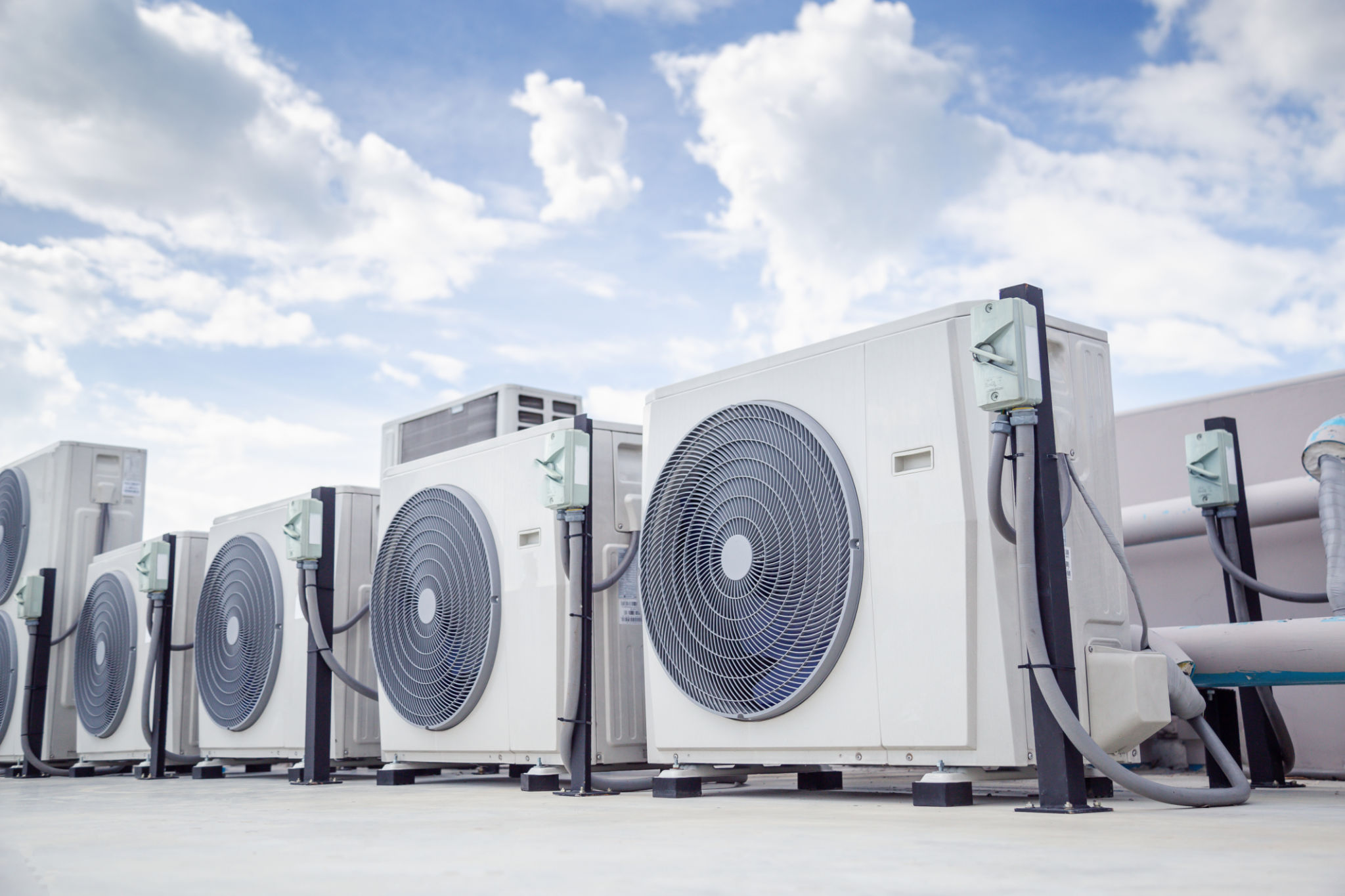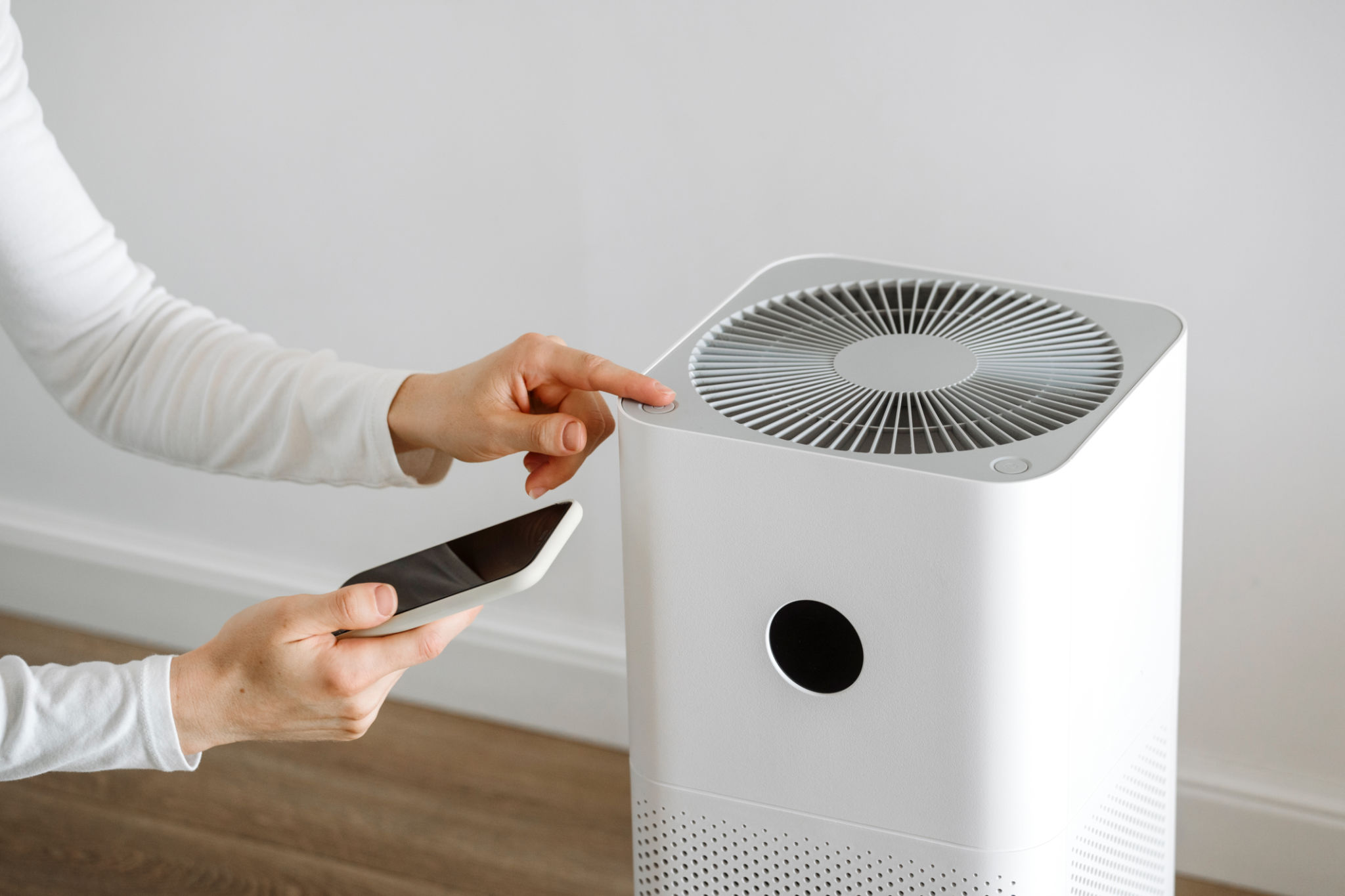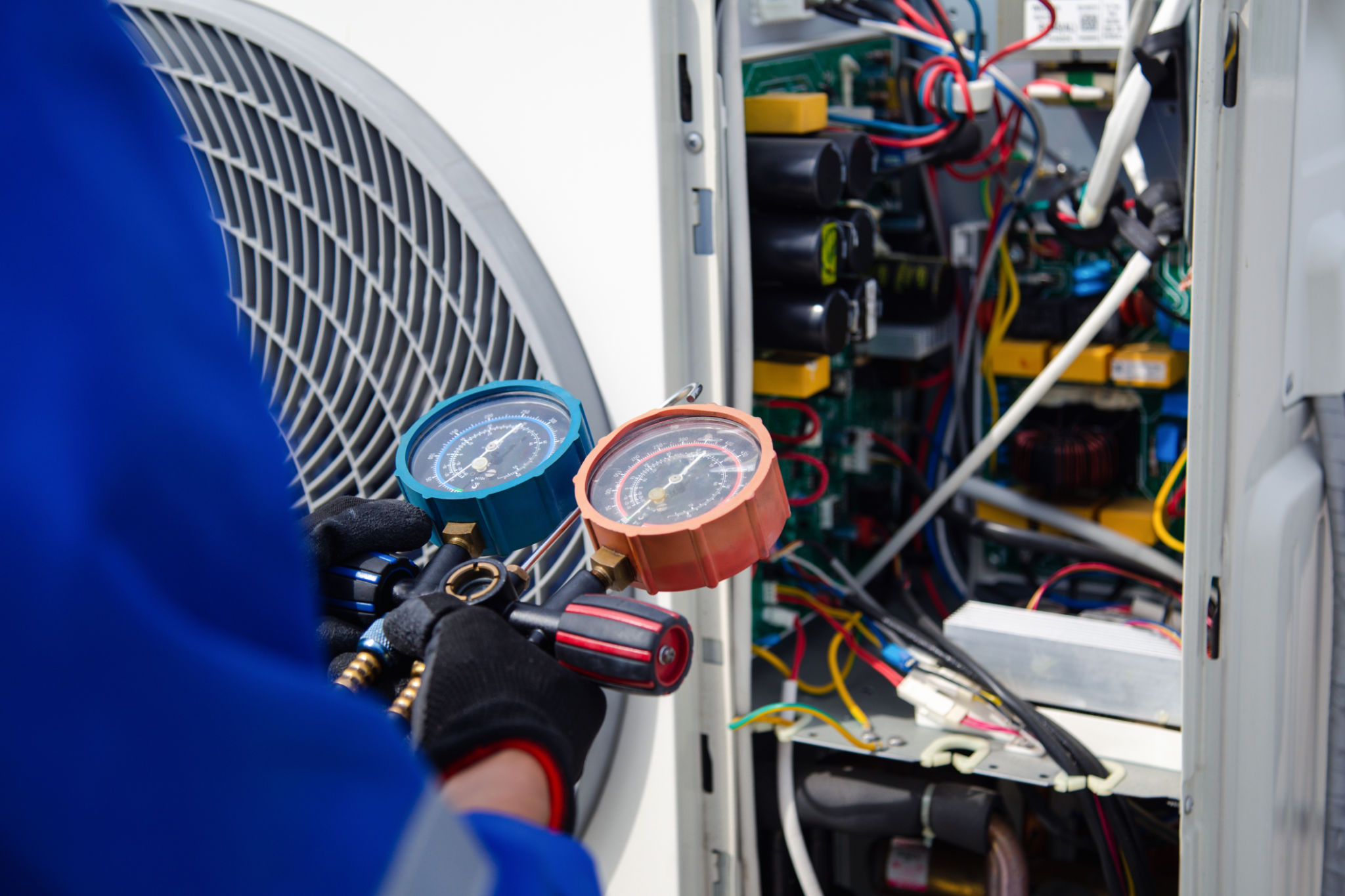DIY Air Conditioning Maintenance Tips for Homeowners
Understanding Your Air Conditioning System
Before diving into maintenance tips, it's essential to understand the basics of how your air conditioning system works. Most central air conditioning systems consist of two main components: the condenser unit, typically located outside your home, and the evaporator coil, found inside your furnace or air handler. Knowing these components can help you perform effective DIY maintenance.
A well-maintained air conditioning system not only ensures comfort but also enhances efficiency, saving on energy bills. Regular maintenance can also extend the life of your system, preventing costly repairs down the line.

Regular Filter Replacement
Importance of Clean Filters
The air filter is one of the simplest yet crucial components to maintain. Dirty filters restrict airflow, reducing the system's efficiency and potentially leading to overheating. It's recommended to check your filters every month, especially during peak usage seasons.
Replacing or cleaning your air filters regularly can enhance air quality and keep your system running smoothly. Depending on the type of filter, you may need to replace it every 1-3 months. For washable filters, a simple rinse with water should suffice, followed by a thorough drying before reinsertion.

Keep the Condenser Unit Clean
Clearing Debris
The outdoor condenser unit is exposed to the elements and can accumulate dirt, leaves, and other debris. This accumulation can obstruct airflow and reduce efficiency. Make it a habit to inspect the area around your condenser unit and clear any debris regularly.
Additionally, consider cleaning the condenser coils once or twice a year. Turn off the power to the unit and use a garden hose to gently clean the coils from the inside out. Avoid using a pressure washer as it can damage the delicate fins.
Check for Duct Leaks
Ensuring Proper Sealing
Ductwork plays a vital role in distributing cool air throughout your home. Leaky ducts can result in significant energy loss and reduced cooling efficiency. To check for leaks, look for gaps or tears in the ductwork and listen for whistling sounds when the system is running.
If you identify any leaks, sealing them with duct tape or mastic sealant can improve system efficiency. However, for extensive ductwork issues, consulting a professional may be necessary.

Monitor Thermostat Settings
Optimizing Usage
Your thermostat settings can significantly impact energy consumption. Ensure that your thermostat is set to a comfortable yet efficient temperature. Consider using a programmable or smart thermostat to automate temperature adjustments based on your schedule.
During the hotter months, setting your thermostat a few degrees higher when you're away from home can result in energy savings without sacrificing comfort when you return.
Schedule Professional Inspections
The Importance of Expert Maintenance
While DIY maintenance can significantly enhance your system's performance, scheduling annual professional inspections is crucial. HVAC technicians have the expertise to identify potential issues before they become major problems.
- Inspect refrigerant levels and adjust if necessary.
- Check for proper airflow and inspect electrical components.
- Ensure the overall health of your air conditioning system.
By combining DIY efforts with professional maintenance, you can enjoy a reliable and efficient air conditioning system year-round.